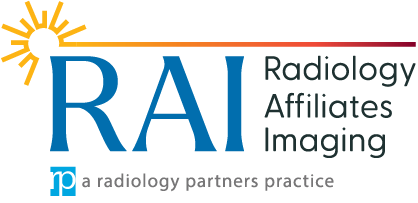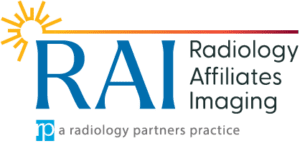
Is Calcium Scoring Right for Me?

Calcium scoring is a medical test that provides important information about a person’s risk of developing heart disease or having a stroke. Also known as coronary artery calcium scoring, calcium scoring measures the amount of calcium in the walls of the heart’s arteries.
Doctors have been using calcium to assess the heart health of their patients for many years. While the test is safe and effective, it may not be right for everyone.
Here is how you can tell if calcium scoring might be right for you.
Calcium Scoring may be Right for You if You are at Moderate Risk of Heart Disease
Calcium scoring may be right for you if you are concerned about your risk of heart disease or stroke, but have never been diagnosed with either disease. The test might also be right for you if you are at moderate risk for the conditions.
Calcium scoring is a helpful tool when there is still some doubt as to whether your risk of heart disease or stroke is high enough to warrant taking medication to lower your cholesterol levels. These medications, known as statins, are typically the medication of choice for lowering “bad” LDL cholesterol.
Certain factors increase your risk of heart disease. Some of these risks are controllable, which is to say that your lifestyle choices can raise your lower your risk of heart disease. Controllable risk factors include:
- Tobacco, alcohol use
- Cholesterol levels
- Uncontrolled high blood pressure
- Physical inactivity
- Obesity
- Uncontrolled diabetes
Some risk factors are out of your control. These risk factors include:
- Age
- Gender
- Family history
Each risk factor increases the likelihood that someone will develop heart disease or suffer a stroke. Doctors often use a risk calculator to assess a patient’s risk of heart disease based on their risk factors. One such risk calculator, known as the atherosclerotic cardiovascular disease (ASCVD) risk calculator, can help a doctor determine a patient’s 10-year risk of stroke or heart disease. The ASCVD uses information about the patient’s age, gender, race, diabetes status, smoking status, cholesterol levels, blood pressure, and treatment for high blood pressure, to calculate the patient’s risk. Cardiologists discuss the results in terms of percentages, with patients at low risk scoring less than 5 percent and patients at high risk scoring 20 percent or higher. Health care professionals, such as the National Vascular Disease Prevention Alliance, consider scores between 10 and 15 percent indicate a moderate risk of cardiovascular disease within the next five years. These moderate-risk patients can benefit the most from calcium scoring.
While risk assessment tools are helpful, they do not paint the entire picture when it comes to the health of your heart – only an imaging scan can do that. However, doctors prefer to do these tests only when necessary, as the scans do expose patients to a small amount of radiation. Therefore, your doctor would probably not order the test if you are at extremely low risk of develop heart trouble or having a stroke, and you would probably not benefit much from calcium scoring if you already know you have very high chances of heart disease or stroke.
Having said that, there are some instances where your doctor might recommend calcium scanning even if you are not at moderate risk. Your doctor may recommend calcium scanning if your ASCVD score puts you at “low risk,” but you have a very strong family history of heart attacks at an early age, for example. Your doctor can help you determine if calcium scoring is right for you.
When is Calcium Scoring Not Right for You?
Calcium scoring may not be right for you if you:
- Are a male younger than 40 years old or a female younger than 50, as few people younger than those ages have detectable calcium in their coronary arteries
- Have a low personal risk and no family history of heart attacks at an early age, as people with no personal or family history of cardiac problems rarely have detectable calcium
- Are already known to be at high risk – in this case, the calcium scoring test is not likely to provide any additional information that could help guide your treatment decisions
- Already have symptoms or have received a diagnosis of heart disease, as calcium scoring would not provide any additional information
- Have recently had exposure to high doses of radiation or anticipate having x-rays or other CT scans in the near future; calcium scoring uses computed tomography (CT) scanner, which emits about the twice the radiation of an x-ray
Your doctor can help you decide if you should have calcium scoring. This test can help you make decisions about your treatment plan, and can inspire you to make lifestyle changes to reduce your risks of heart problems. If you are in your 40s or 50s and have a moderate risk of heart disease or stroke, talk to your doctor to find out if calcium scoring is right for you.




